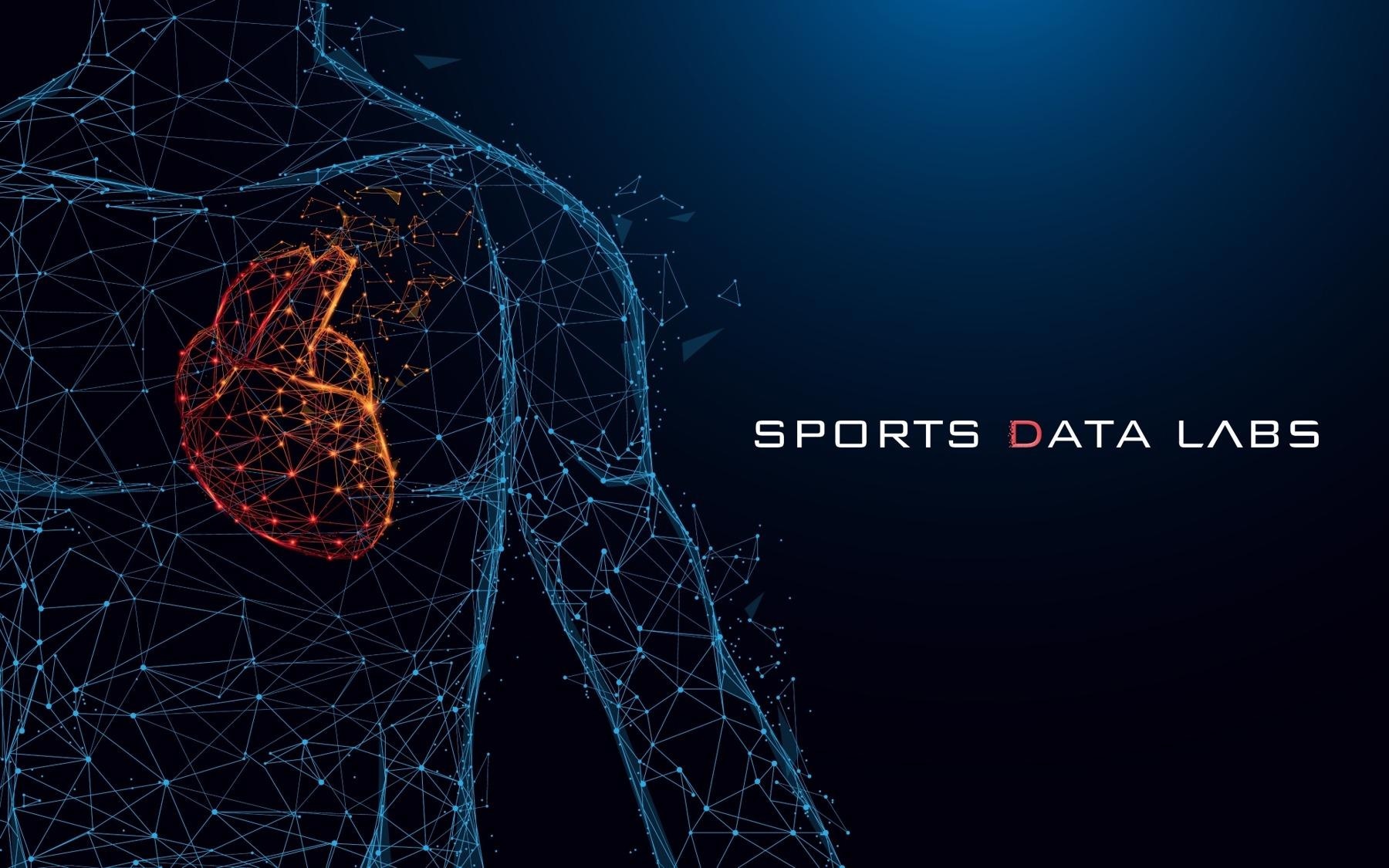Feb 5 2021
Sports Data Labs, Inc. (SD Labs), an award-winning leader in collection, analysis and distribution of real-time Human Data from on-body sensors and sensing systems in professional sports and digital health, announced today the publication of a pioneering study in the biomedical journal Digital Biomarkers. It provides the first published evidence for real-time capture, digital processing, and heart rate display from medical-grade sensors in live professional sports competition.
 SD Labs provides real-time monitoring, prediction and health data monetization solutions for the professional sports and digital health ecosystems. Image Credit: Business Wire
SD Labs provides real-time monitoring, prediction and health data monetization solutions for the professional sports and digital health ecosystems. Image Credit: Business Wire
The peer-reviewed study, Real-time Digital Biometric Monitoring During Elite Athletic Competition: System Feasibility with a Wearable Medical-Grade Sensor, was conducted in professional squash matches in 2019-2020 in cooperation with the Professional Squash Association. The findings demonstrated SD Labs’ capabilities to reliably capture clinically valid data from medical-grade wearable sensors on athletes exhibiting extreme motion and supraphysiologic characteristics in live competition.
This study was enabled by a proprietary system created by SD Labs for gathering, digitally processing and displaying biometric data—including heart rate—in real-time. SD Labs utilized multiple patent-pending technologies and novel signal-processing techniques to capture and process data without signal loss or delay, including removal of noise artifacts from raw data (collection rate of 250 Hz), off-sensor processing of raw data into ECG waveforms, and ECG conversion into heart rate values. Heart rate values were baselined with a clinically-validated chest strap heart rate monitor.
“The work done by SD Labs has considerable significance,” said Arthur Combs, M.D., President of FutureTech Strategies, Inc. and lead author of the study. “This study is the first to be able to monitor an athlete’s heart rate, in real-time, with medical-grade sensors during professional competition. This work has tremendous implications for understanding the contributors to a given athlete’s heart rate at a given moment in time – physical demand, exertion, state of hydration, fatigue, stress, stage of the match, autonomic nervous system tone and others. The level of precision and data yield reported here make it possible to perform future analyses on inter-beat intervals, heart rate variability and autonomic nervous system tone, and to investigate other digital biomarkers of performance.”
“There is a clear extrapolation to other sports, athletes and venues, but more importantly, the opportunity for real-time observations, reactions, adjustments, refinements of performance, and ultimately predictions derived from sensor data,” said Giulio Bognolo, M.D., Chief Medical Officer and Head of Human Data Labs, SD Labs’ digital health division. “Given the real-world, highly-challenging environment of the study, the implication is that it may break the barrier for potential widespread adoption of medical wearables utilizing our proprietary technologies. We plan to expand our work within sports and home fitness, as well as other single and multi-person use cases in digital health, particularly remote monitoring in unsupervised environments.”
SD Labs provides technology that enables interoperability of sensors and sensing systems, while using artificial intelligence to transform collected data into metrics, insights, and predictions for various real-time and on-demand use cases. SD Labs technology is supported by 17 U.S. patent applications which span across a wide range of novel systems and methods related to data collection, synthetic data generation, artificial intelligence-based predictions, sensor communication, signal processing techniques, remote communication networks, and sensor data monetization for the sports betting and digital health ecosystems.
The full study can be found here: https://www.karger.com/Article/Pdf/513222